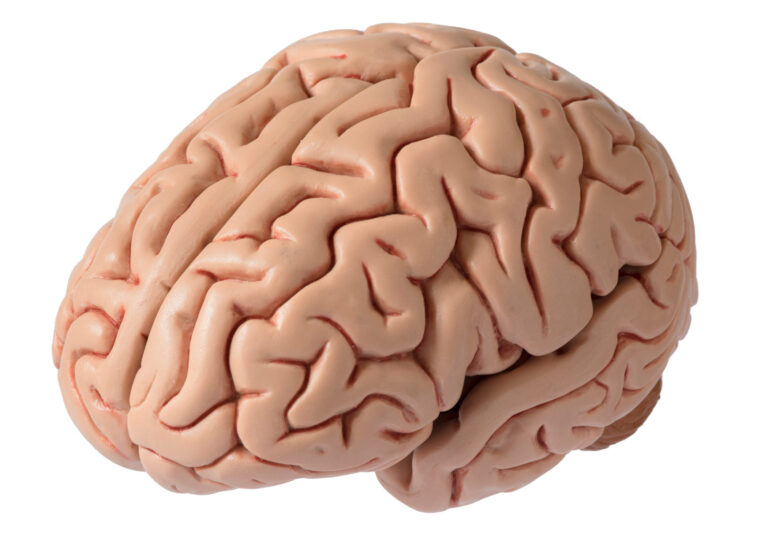Dementia is a progressive brain disorder that affects millions of people worldwide. It is characterized by a decline in memory, thinking skills, and ability to perform daily tasks. As the disease progresses, individuals living with dementia often require assistance and support to maintain their quality of life.
In recent years, there has been a growing emphasis on community programs designed specifically for individuals living with dementia and their caregivers. These programs offer a range of activities and services that can greatly benefit those affected by the disease. In this article, we will explore how community programs benefit those living with dementia and why they are essential in providing support for individuals and their families.
First and foremost, community programs provide a sense of purpose and belonging for individuals living with dementia. This is particularly important as the disease can often lead to isolation and feelings of loneliness. Community programs offer a safe and welcoming environment where individuals can socialize with others who are going through similar struggles. This sense of connection and belonging can greatly improve their mental well-being and overall quality of life.
Furthermore, community programs offer a variety of activities that are specifically designed to stimulate the brain and improve cognitive function. These activities may include memory games, art therapy, music therapy, and gentle physical exercises. By engaging in these activities, individuals with dementia can maintain their cognitive abilities and even slow down the progression of the disease.
Community programs also provide respite for caregivers who may be feeling overwhelmed and exhausted from caring for their loved ones with dementia. Caregivers often have to juggle multiple responsibilities such as managing medications, assisting with daily tasks, and providing emotional support. Community programs offer a much-needed break for caregivers, allowing them to recharge and take care of their own well-being. This, in turn, enables them to continue providing the best care for their loved ones with dementia.
Moreover, community programs can be a valuable source of information and education for both individuals with dementia and their caregivers. These programs often have trained professionals who can offer guidance, support, and resources to help individuals and their families navigate the challenges of living with dementia. They may also provide information on the latest research and treatment options, helping individuals and caregivers make informed decisions about their care.
Another significant benefit of community programs is that they promote a sense of normalcy for individuals living with dementia. These programs offer a structured routine that is tailored to the needs of individuals with dementia, providing a sense of familiarity and stability. This can be especially comforting for those who may be struggling with changes in their daily lives due to the disease.
In addition to these benefits, community programs also play a crucial role in reducing the stigma surrounding dementia. By bringing individuals with dementia into the community and encouraging interaction with others, these programs help break down misconceptions and promote understanding and acceptance. This can have a positive impact on the overall well-being of individuals with dementia and their caregivers, as they feel less isolated and more supported by their community.
In conclusion, community programs are an essential resource for those living with dementia. They offer a range of benefits, including socialization, cognitive stimulation, respite for caregivers, education, and support. By promoting a sense of purpose, normalcy, and belonging, these programs greatly enhance the quality of life for individuals with dementia and their families. As the prevalence of dementia continues to increase worldwide, the importance of community programs in providing support and care cannot be overstated.




